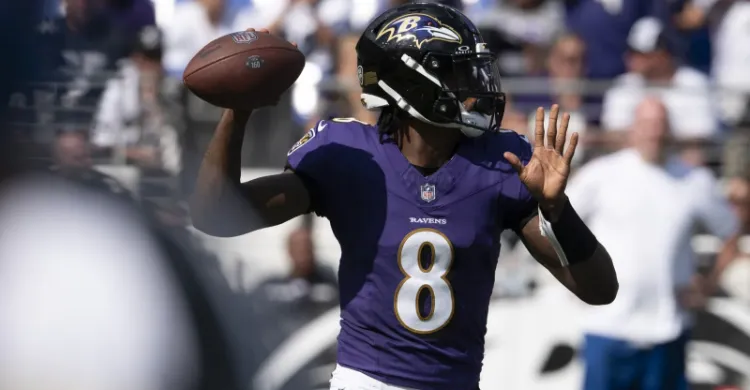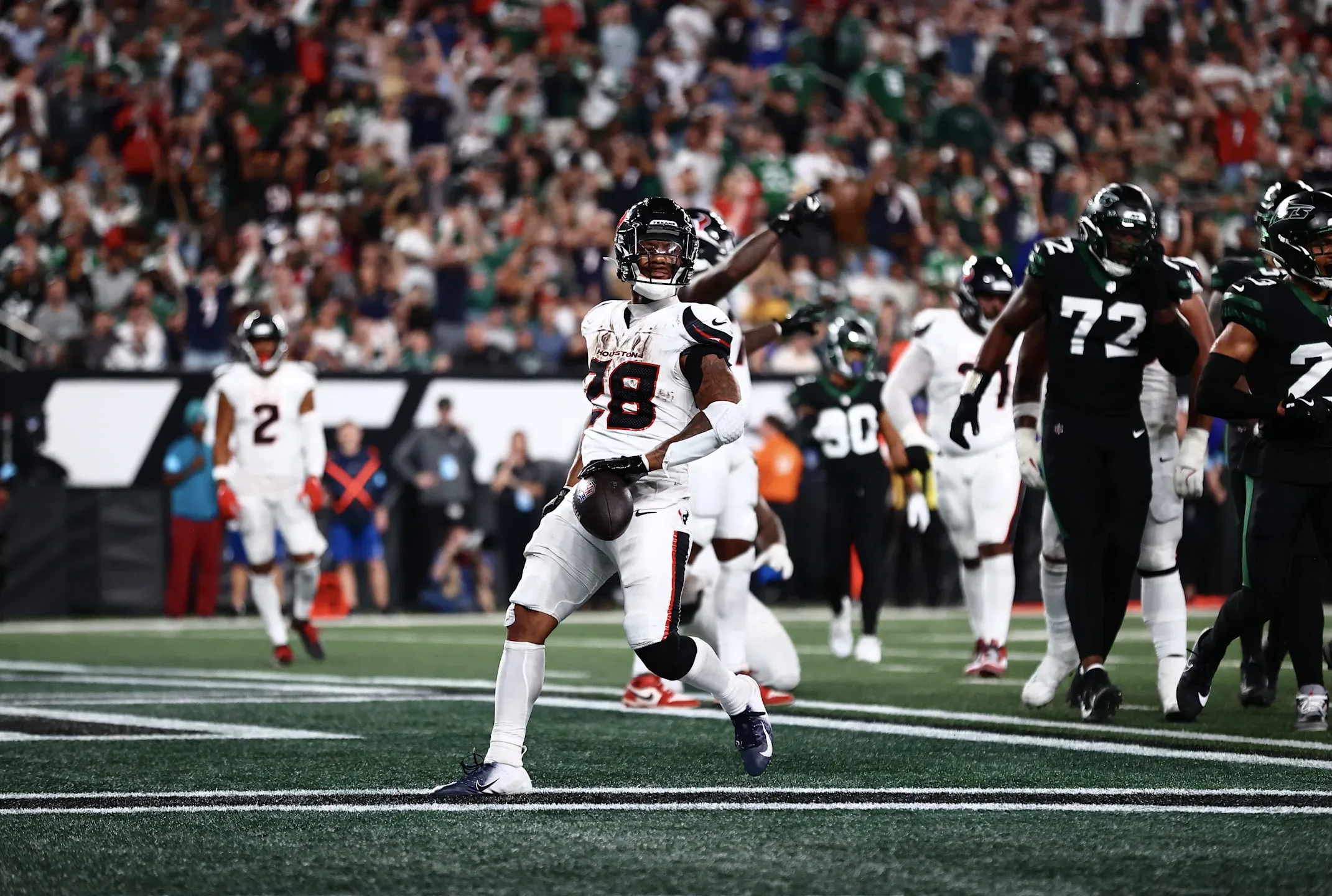Tennessee Titans second-year quarterback Will Levis promised to let the game come to him rather than press to make things happen when he returned to the lineup Sunday after missing the previous three games.

The 27-17 loss to the Los Angeles Chargers spoiled his return, but there were signs of improvement from the young quarterback.
Levis' fourth pass attempt of the day resulted in a 41-yard touchdown to Calvin Ridley on a deep post. It was Levis' longest completion of the season, and he was able to manipulate the safety with his eyes to get Ridley open.
He used anticipation to fit the ball between a linebacker and safety on two throws to Nick Westbrook-Ikhine before the receiver made his cuts on deep in-breaking routes.
In arguably his most efficient game as a starter, Levis completed 18 of his 23 passes (78.7%) for 175 yards and two touchdowns. Still, the result was no different for the Titans (2-7), as Levis has yet to win a game this season where he played the whole game.
"There's a lot of things about that game that were encouraging," coach Brian Callahan said Monday. "The ball came out on time. It was accurate. There were some tight window throws that were aggressive in nature."
Levis' biggest area of improvement was not turning the football over. Before missing his first game in Week 7, Levis' 10 turnovers were the most in the NFL through six weeks this season. His head-scratching interception against the Chicago Bears that cost the Titans a win in the season opener is a prime example of trying to force something to happen.
Callahan said he felt there were times early in the year when Levis was trying too hard to find the big play, but he was able to avoid pressing the issue in his return.
"Not turning the ball over, not putting it in harm's way, being smart, running, sliding -- all those things were improvements," Callahan said.
The strides of improvement for Levis have opened up some new issues. Levis held onto the ball at some inopportune times. It seems like he's stuck in a battle that pits the risk against the reward, causing him to be more hesitant to take a shot at making a big play.
"Part of playing quarterback is sometimes you just got to let it go," Callahan said. "If you see it, you just can't overthink it. You just have to let it rip."
The reluctance led to some big plays being left on the field. One that sticks out is when Callahan called a play-action pass on a first-and-5 in the third quarter that booted Levis to his right side.
The play revolved around what's known as a sail concept, which employs three routes at three different depths that flood one side of the field. It's designed to cut the field in half and create easy reads for the quarterback. Callahan paired it with a roll out to the flood side of the field.
The run fake got the linebackers and safeties out of position, leaving tight end Josh Whyle wide-open on the corner route. Levis appeared to see Whyle but didn't throw the ball and got sacked. The Chargers finished the game with seven sacks.
"It's reacting and knowing when the pressure is kind of getting there, that internal clock has got to speed up and just to get the ball out," Levis said.
The coaching staff wants Levis to recognize plays coming open. Offensive coordinator Nick Holz said they ran the play live at full speed during practice to get Levis to see it better at a near game-day pace.
"There's opportunity for a big play there, and he's outside the pocket," Holz said. "Don't take sacks outside the pocket on movement."



